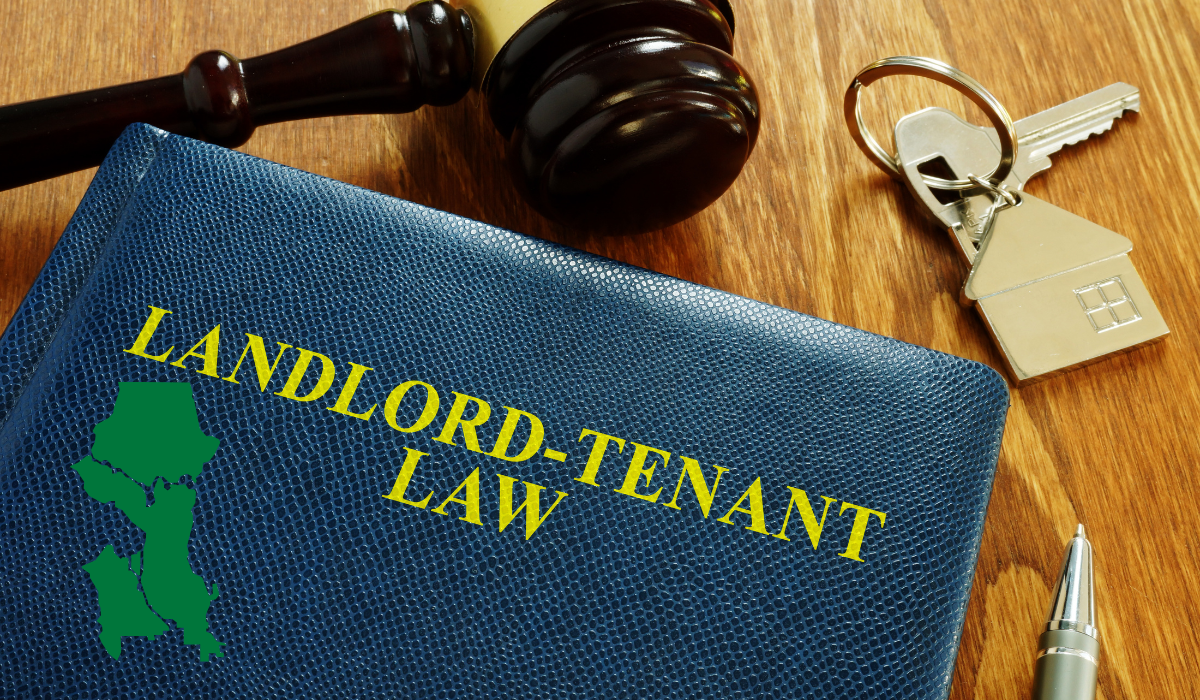
Seattle is known for its strong tenant protections and detailed rental housing laws. Whether you’re a landlord or a tenant, understanding Seattle landlord-tenant law is essential for staying compliant and avoiding costly disputes. These laws prioritize habitability, fairness, and transparency—and come with specific requirements for leases, notices, rent increases, and evictions.
At GPS Renting, a top property management company in Seattle, we help landlords navigate local regulations, protect their properties, and maintain positive landlord-tenant relationships.
Key Takeaway
Seattle rental law strongly favors tenant protections—landlords must follow specific procedures.
Tenants have rights to fair treatment, safe housing, proper notice, and reasonable accommodations.
Landlords must register rental units, make timely repairs, and provide the Seattle Renter’s Handbook.
Discrimination—intentional or unintentional—is illegal and can result in lawsuits or penalties.
GPS Renting helps Seattle landlords operate legally and effectively in this regulated environment.
Overview of Landlord-Tenant Obligations in Seattle
Seattle’s housing laws are guided by both Washington State law and local ordinances. These cover everything from required notice periods to rental property inspections and anti-discrimination rules.
Tenant Rights and Protections
Right to a Habitable Home
Tenants are entitled to safe, livable rental units that meet all health and building codes. This includes functioning heat, water, structural safety, and secure premises.
Learn more about habitability requirements under Seattle’s Rental Housing Code.
Protection From Discrimination
Seattle enforces broad anti-discrimination laws that go beyond federal protections under the Fair Housing Act. Landlords cannot discriminate based on:
Race, color, national origin, religion, sex
Disability, familial status
Source of income (including Section 8)
Sexual orientation, gender identity
Military status or prior criminal history (with exceptions)
For a deeper look, read our article on Rental Housing Discrimination Laws.
Just Cause Eviction Ordinance
In Seattle, landlords cannot evict tenants without a legally valid reason. This includes failure to pay rent, lease violations, owner move-in, or significant renovations. Retaliatory evictions are prohibited.
Required Notices
- Rent Increases: 180 days’ written notice in Seattle (compared to 60 days in other parts of Washington)
- Unit Entry: At least 48 hours’ notice, unless it’s an emergency
- End of Tenancy: Notice depends on the reason and local laws; Seattle has stricter just cause standards
See how we help landlords stay ahead of legal pitfalls in our article: How to Attract Renters and Boost ROI for Your Seattle Rental
Reasonable Accommodation
Tenants with disabilities have the right to request reasonable changes to the unit or policies to allow equal access to housing. Landlords must respond in good faith and in compliance with the law.
Deposit and Fee Limits
Seattle limits the amount landlords can charge for security deposits and holding fees. Rent-related late fees are capped at $10/month.
Seattle Renter’s Handbook
Landlords are required to provide tenants with the Seattle Renter’s Handbook at lease signing.
Landlord Responsibilities in Seattle
Landlords in Seattle must:
- Maintain habitable properties in accordance with city health and building codes
- Register rentals under the Rental Registration and Inspection Ordinance (RRIO) and pass periodic inspections
- Make timely repairs, typically within 24–72 hours for issues affecting health or safety
- Provide sufficient legal notice before rent increases or lease terminations
- Respect tenant privacy, only entering with required notice and valid reason
- Comply with all fair housing laws, including both federal and local protections
For a full list of required practices, visit Seattle’s Rental Housing Program.
Tips for Staying Compliant as a Landlord
- Standardize your screening process to avoid potential discrimination claims. See how in our Tenant Screening and Self-Tour Overview
- Document everything, from notices to maintenance requests and lease changes
- Avoid informal verbal agreements—use clear written leases
- Consult with professionals like GPS Renting to keep up with evolving laws
Stay educated by reviewing city resources and attending landlord training sessions
How GPS Renting Supports Seattle Landlords

At GPS Renting, we specialize in navigating Seattle’s complex rental laws. Our full-service property management includes:
- Legal-compliant lease creation
- Rent collection and financial reporting
- Maintenance coordination
- Fair housing and tenant screening compliance
- Handling of notices, inspections, and evictions
We help property owners avoid costly legal mistakes, keep tenants happy, and maximize rental ROI.
Explore our services at www.gpsrenting.com or request a free rental analysis.
Frequently Asked Questions (FAQs)
What are the obligations of a landlord in Seattle?
Landlords must provide safe, habitable housing; register their rental under RRIO; give proper notice for rent increases or evictions; and follow anti-discrimination laws. Repairs must be made promptly and tenants’ privacy respected.
What are the rights of a tenant in Seattle Housing Authority properties?
Tenants have the right to safe, affordable housing without discrimination, reasonable notice before changes, and protection from unjust eviction. They may request accommodations for disabilities and file complaints without retaliation.
How much notice does a landlord have to give a tenant in Washington State?
- Rent Increase: 60 days (WA); 180 days (Seattle)
- End of Lease: 20 days (WA), subject to just cause in Seattle
- Unit Entry: At least 48 hours’ notice
- Eviction: 14 days for non-payment; other causes vary
Is Seattle a landlord-friendly state?
Seattle is considered tenant-friendly due to strong renter protections, eviction restrictions, and strict notice requirements. Landlords can still succeed with proper guidance and management support like GPS Renting.
What can a landlord not do in Washington State?
Landlords cannot evict without cause in Seattle, discriminate against protected groups, enter units without notice (except emergencies), overcharge for deposits or late fees, or retaliate against tenants for legal complaints.
What are the disadvantages of living in Seattle?
For tenants: high rental costs and competitive markets.
For landlords: complex regulations, longer eviction timelines, and strict compliance requirements.
Working with experts like GPS Renting helps mitigate these challenges.
Need Help Navigating Seattle Landlord-Tenant Law?
Don’t leave compliance to chance. GPS Renting can help you manage your Seattle rental property the right way—legally, efficiently, and profitably.
Contact us today for expert property management and a free consultation.
